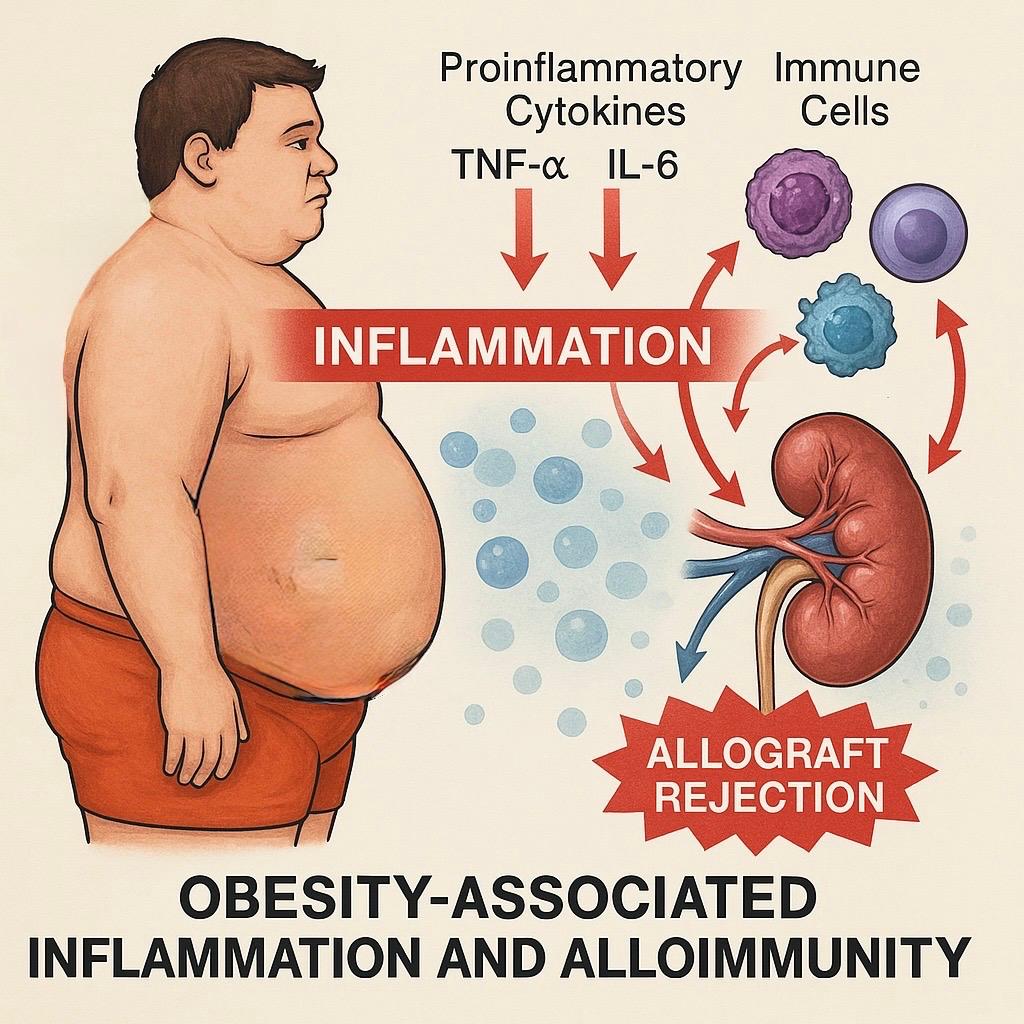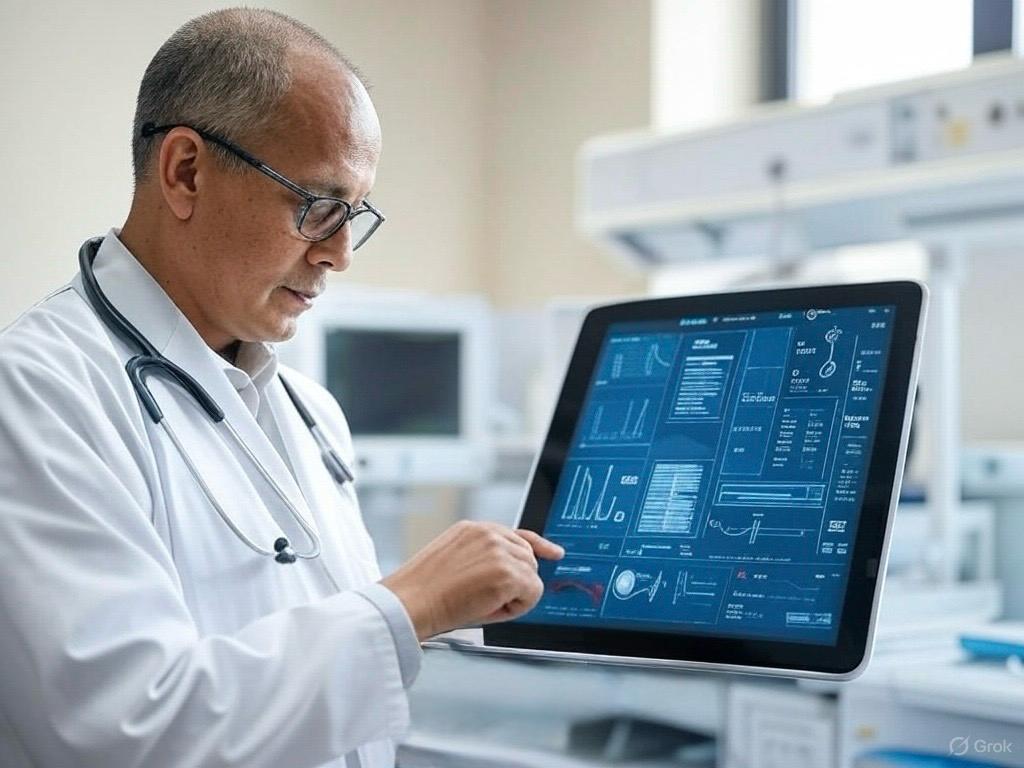-

The Papal Conclave: The Oldest Electoral System in the World
Dr. Marco V. Benavides Sánchez. The election of a new pope is one of the most solemn and mysterious events in the modern world. Shrouded in ritual and secrecy, the papal conclave—from the Latin cum clave, meaning “with a key“—has been used for centuries to select the Bishop of Rome, spiritual leader of the world’s…
-

Pope Francis wrote this in the Hospital. “The walls of hospitals have heard more honest prayers than churches… They have witnessed far more sincere kisses than those in airports… It is in hospitals that you see a homophobe being saved by a gay doctor. A privileged doctor saving the life of a beggar… In intensive…
-

Rewriting the Power of Life: The Science and Promise of Mitochondrial Transplantation
By Dr. Marco Vinicio Benavides Sánchez. Imagine a future where failing cells are revitalized not through synthetic drugs, but by borrowing components from healthier cells—tiny engines of life transplanted with surgical precision. This isn’t science fiction. It’s the rapidly advancing frontier of organelle transplantation, and at the center of this revolution lies a structure you…
-

Obesity, Inflammation, and Alloimmunity: A Scientific Challenge with Promising Prospects
By: Dr. Marco V. Benavides Sánchez. In recent years, obesity has evolved from a simple metabolic condition to a key factor in chronic inflammation and adverse immune responses. In this context, the recent study titled “Obesity-associated Inflammation and Alloimmunity”, published in Transplantation by Zhou et al., provides a profound and illuminating insight into the relationship…
-

Drug Discovery: Partnerships Between AIDD Companies and Traditional Pharmaceutical Firms
By Dr. Marco V. Benavides Sánchez. Drug discovery has undergone a radical transformation in recent years thanks to the integration of artificial intelligence (AI). AI-driven drug discovery companies (AIDD) are revolutionizing the pharmaceutical industry by accelerating research and development (R&D) processes, reducing costs, and improving efficiency in identifying promising compounds. However, to bring these innovations…
-

Mal-ID: Artificial Intelligence Revolutionizing Immunological Diagnosis
By Dr. Marco V. Benavides Sánchez. A groundbreaking study led by Stanford University (USA) has introduced the Machine Learning for Immunological Diagnosis (Mal-ID) project, an artificial intelligence tool designed to detect multiple diseases simultaneously or perform highly accurate tests for a specific condition. Understanding the Science Behind Mal-ID According to the research, Mal-ID relies on…

Artificial Intelligence in Medicine
Would you like your brand to appear here? Advertise with us








